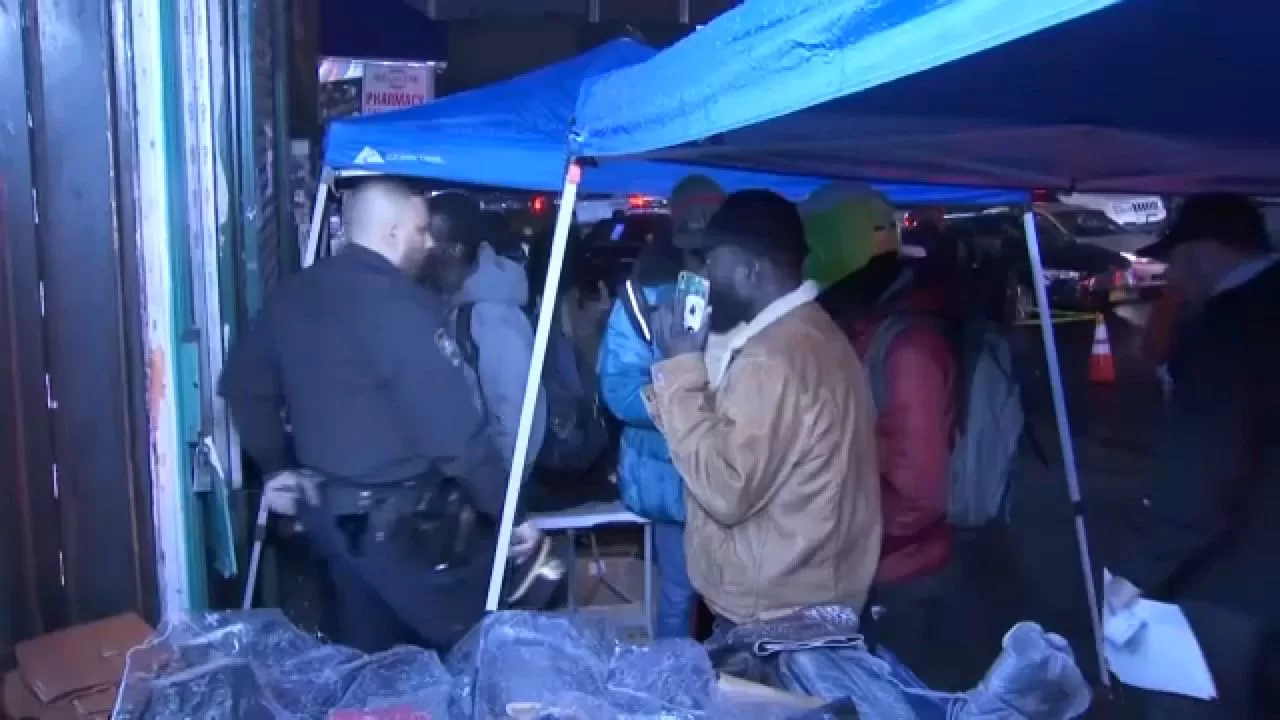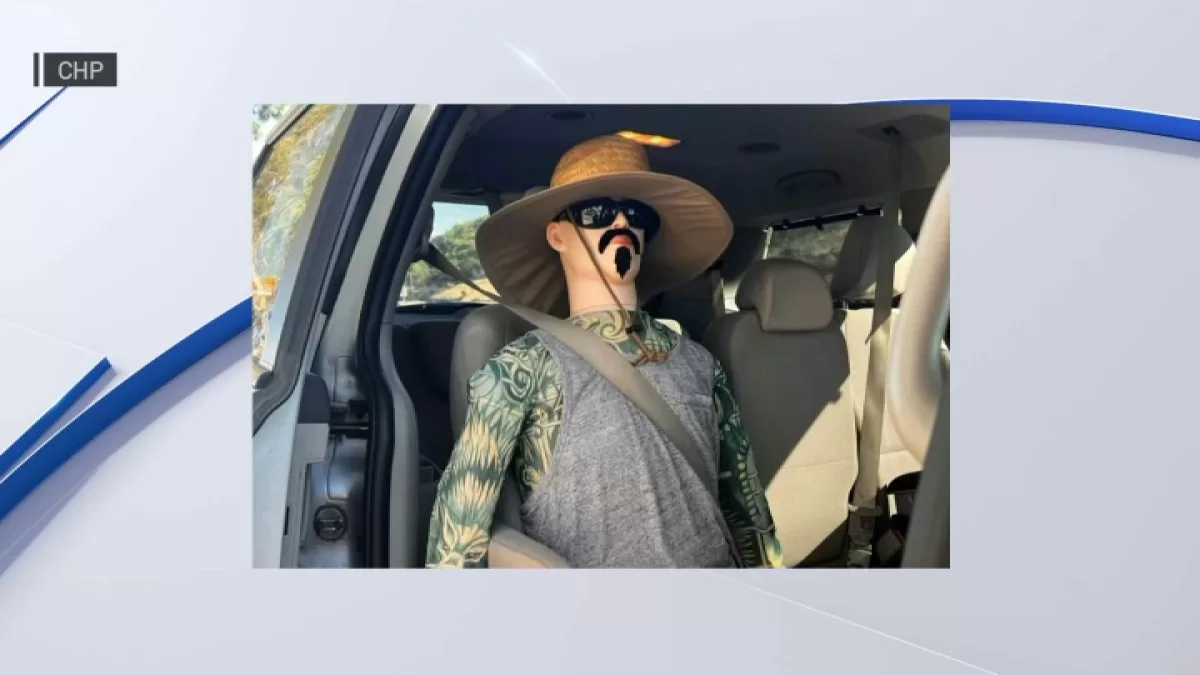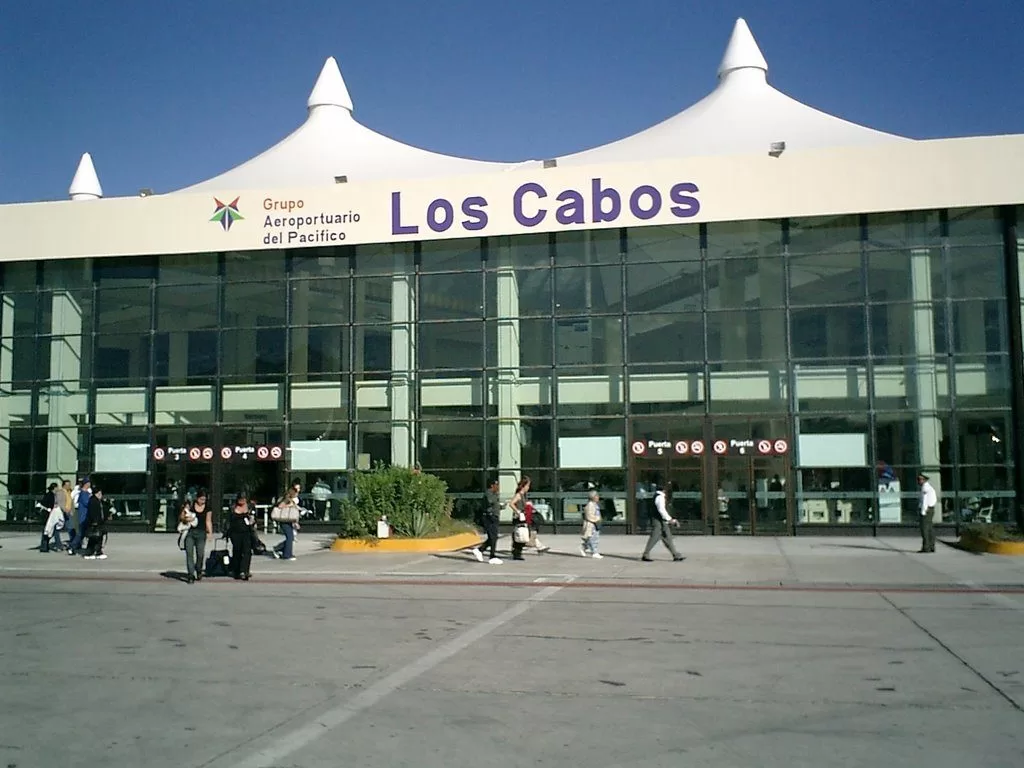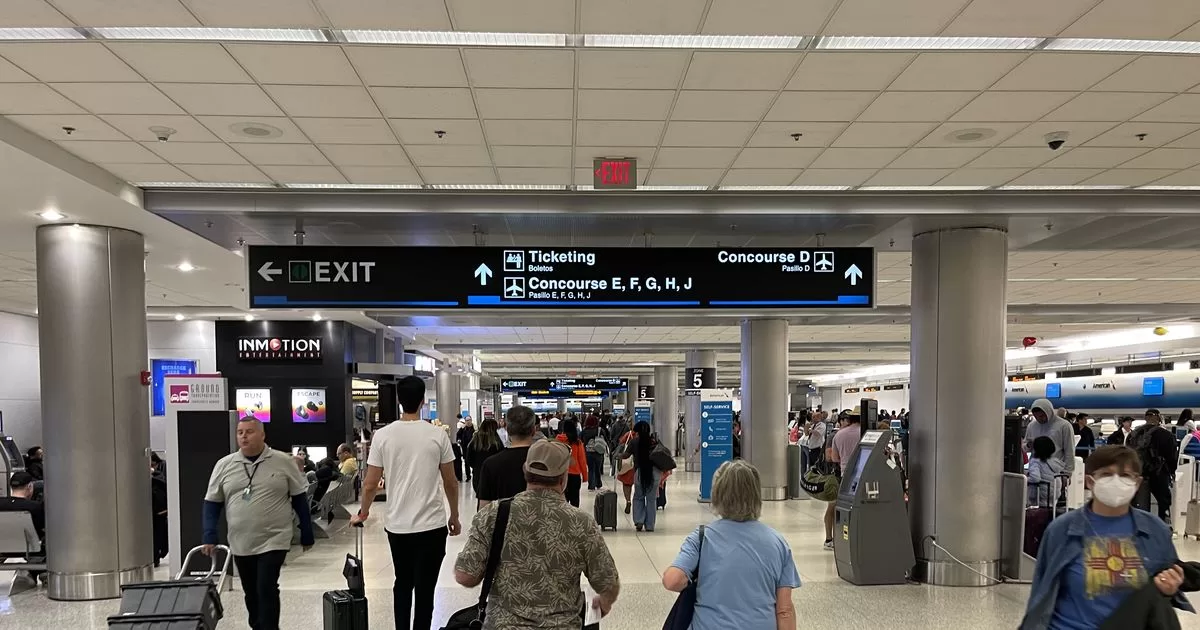Washington.- Presidents Joe Biden and Yoon Suk Yeol will sign an agreement on Wednesday that includes plans for US nuclear-armed submarines to dock in South Korea for the first time in more than 40 years, a striking show of support for Seoul amid rising concerns about threats. nuclear weapons from North Korea, according to leading members of the Biden administration.
Those visits are a key piece of the so-called “Washington Declaration” aimed at deterring North Korea from attacking its neighbor. The pact would be presented during Yoon’s state visit and in a climate of concern for the two leaders about the increasing pace of North Korean ballistic tests in recent months.
Three Biden administration officials, speaking to reporters on condition of anonymity ahead of the official unveiling, said the Biden and Yoon teams had worked out the details of the plan for months and agreed that “very clear shows of force” would “occasional” US deterrence should be a centerpiece of the text.
The document is intended to assuage South Korea’s fears of North Korea’s aggressive nuclear weapons program and prevent the country from resuming its own nuclear program, which it gave up nearly 50 years ago when it signed the Nuclear Non-Proliferation Treaty. Washington and Seoul would also cooperate more closely on their response strategy should the North attack the South, although operational control of those weapons would remain in the hands of the United States and nuclear weapons would not be deployed off South Korea’s shores.
The document also calls on the US and South Korean militaries to strengthen their joint training and better integrate South Korean military assets into the joint strategic deterrence effort. As part of the declaration, South Korea would reaffirm its commitment to the Nuclear Non-Proliferation Treaty, an agreement signed by several nuclear and non-nuclear powers that have pledged their cooperation to curb the spread of nuclear technology, according to the officials.
During his presidential campaign last year, Yoon said he would call for increasing the US deployment of nuclear bombers, aircraft carriers and submarines in South Korea to provide a stronger response to North Korean threats than his predecessor, Moon Jae-in.
At the height of the Cold War in the late 1970s, US nuclear-armed ballistic missile submarines frequently visited South Korean ports, sometimes two or three times a month, according to the Federation of American Scientists. It was a time when the United States had hundreds of nuclear warheads in South Korea.
But in 1991, the United States withdrew all its nuclear weapons from the Korean Peninsula, and the following year Seoul and Pyongyang signed a joint declaration promising that neither would “test, manufacture, produce, receive, possess, store, deploy nor does it use nuclear weapons.” But as the North repeatedly flouted that declaration over the years, support grew in South Korea for the United States bringing nuclear weapons back to the country.
A member of the Biden administration warned that “it is clear” that there are no plans for the government to “return tactical or other nuclear weapons to the Korean Peninsula.” Instead, the officials said visits by ballistic missile submarines were being considered, followed by a more frequent deployment of US assets such as bombers or aircraft carriers to South Korea.
Growing nuclear threats from North Korea, coupled with fears of Chinese economic and military aggressiveness in the region, have prompted the Biden administration to expand its Asian alliance. To do this, Biden has paid close attention to Yoon and the Prime Minister of Japan, Fumio Kishida. Next week, Biden will host Philippine President Ferdinand Marcos Jr. for meetings in the Oval Office.
Over the past year, North Korea has been expanding its nuclear arsenal, while China and Russia have repeatedly blocked US-led efforts to toughen sanctions on Pyongyang over its spate of banned missile tests.
As part of its arms campaign, Pyongyang conducted a flight test of a solid-fuel intercontinental ballistic missile for the first time this month. That was seen as a possible milestone in the country’s efforts to get a more powerful, hard-to-detect weapon that could reach the continental United States.
In addition to the nuclear deterrent, Biden, Yoon and their aides were expected to speak about Russia’s war in Ukraine. The White House has praised Seoul for sending some $230 million in humanitarian aid to kyiv, but Biden would like Seoul to take an even bigger role in helping Ukraine against Russia.
Yoon’s visit came just weeks after leaks of classified US documents have complicated relations with its allies, including South Korea. The documents, seen by The Associated Press, indicate that South Korea’s National Security Council “discussed” with the United States in early March over a US request that it provide artillery ammunition to Ukraine.
The documents, citing an intelligence report, said the agency’s then-director, Kim Sung-han, suggested selling the 330,000 rounds of 155mm ammunition to Poland, as the ultimate US goal was to the ammunition will arrive quickly in Ukraine.
A US government official said Biden was scheduled to speak to Yoon about “what it means for all aligned allies to continue to support Ukraine” and ask the president “what their support might look like in the future.”
The two heads of state were scheduled to hold a press conference on Wednesday. In the evening, Biden and first lady Jill Biden would honor Yoon and his wife, Kim Keon Hee, with an official dinner at the White House.




